|
Reggae grew up in the backstreets and dance halls of Jamaica and rose to conquer the world. But, as Christopher Partridge notes, it’s not for music alone that UNESCO has added it to its list of important cultural artefacts. From its early days, reggae has had a religious and political significance as the music of the oppressed, a status that hit a high point in 1978 when Bob Marley brought Jamaica’s warring political leaders together on
stage to hold hands in an act of reconciliation.
As leaders and negotiators attend this year’s round of UN climate talks, it is clear that there is still much work to be done to meet the goals set in Paris three years ago. Edward Morgan, Brendan Mackey and Johanna Nalau explain that countries must build on their existing adaptation plans to meet the ambitious targets. At the same time, these type of agreements are what could solve our ocean plastic problem. Elizabeth Kirk outlines how an international treaty could coordinate efforts and improve recycling efforts to deal with the
tonnes of plastic dumped into our oceans every year.
|

Paul Weinberg
Christopher Partridge, Lancaster University
More than just a musical accolade, UNESCO has recognised the social and political importance of Jamaican music.
|
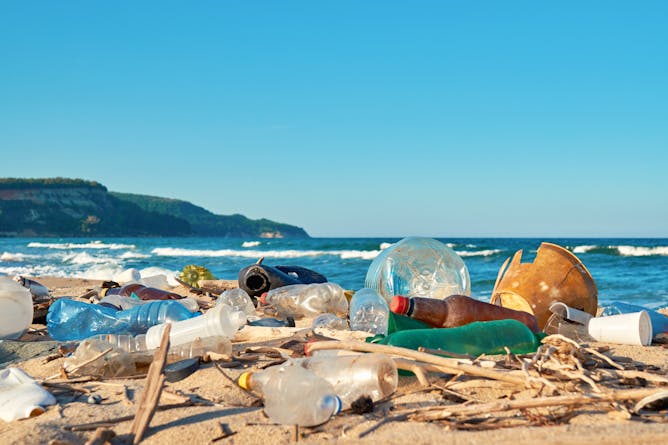
A necessary sea change.
Larina Marina/Shutterstock
Elizabeth Kirk, Nottingham Trent University
While the world gathers to negotiate on climate change, governments must recognise the public desire for action on plastic pollution and work together to solve it.
|
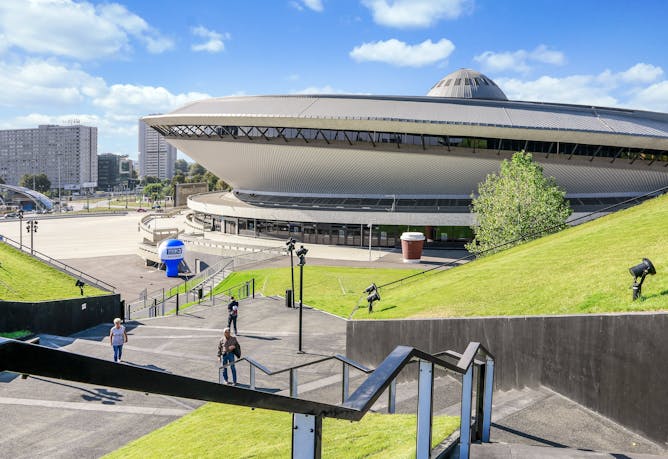
The Spodek complex in Katowice, Poland, will host this year’s UN climate summit.
Shutterstock.com
Edward Morgan, Griffith University; Brendan Mackey, Griffith University; Johanna Nalau, Griffith University
As leaders and negotiators head to Katowice, Poland for this year's round of UN climate talks, it is clear that there is still much work to be done to meet the goals set in Paris three years ago.
|
Business + Economy
|

Michal Carrington, University of Melbourne; Andreas Chatzidakis, Royal Holloway; Deirdre Shaw, University of Glasgow
Hidden slavery is a growing global problem but we continue to turn a blind eye and embrace a seemingly insatiable demand for fast, cheap goods and services.
| |
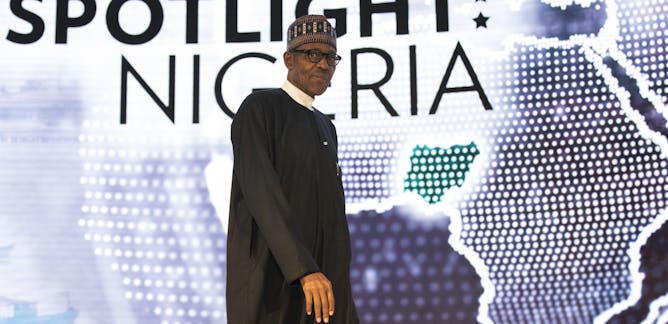
Tolu Olarewaju, Staffordshire University
There is concern that Nigeria's attitude towards foreign direct investors may erode inward capital flows.
|
|
|
Science + Technology
|
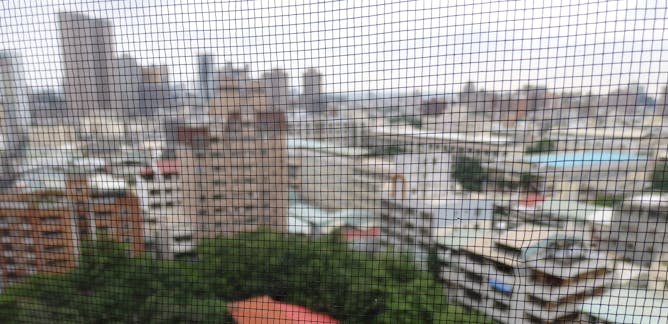
Brook Muller, University of Oregon
Genetically modified mosquitoes breed fear and suspicion, especially since the research happens behind closed doors, away from the public. Now scientists and architects are trying to change that model.
| |
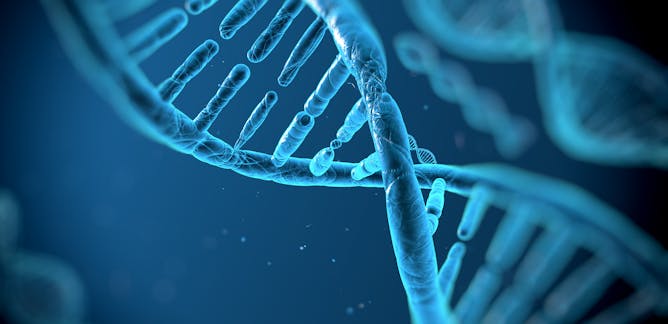
Lisa Smith, University of Leicester; Heather D. Flowe, University of Birmingham; Jon Wetton, University of Leicester; Mark Jobling, University of Leicester
Self-examination DNA collection techniques can help women bring the perpetrators of sexual violence to justice.
|
|
|
Health + Medicine
|
-
Catherine Draper, University of the Witwatersrand
New guidelines have been launched that make recommendations on the daily activities of babies and young children.
|
|
Arts + Culture
|
-
Jane Landers, Vanderbilt University
The Slave Societies Digital Archive documents the lives of approximately 6 million free and enslaved Africans in the Americas.
|
|